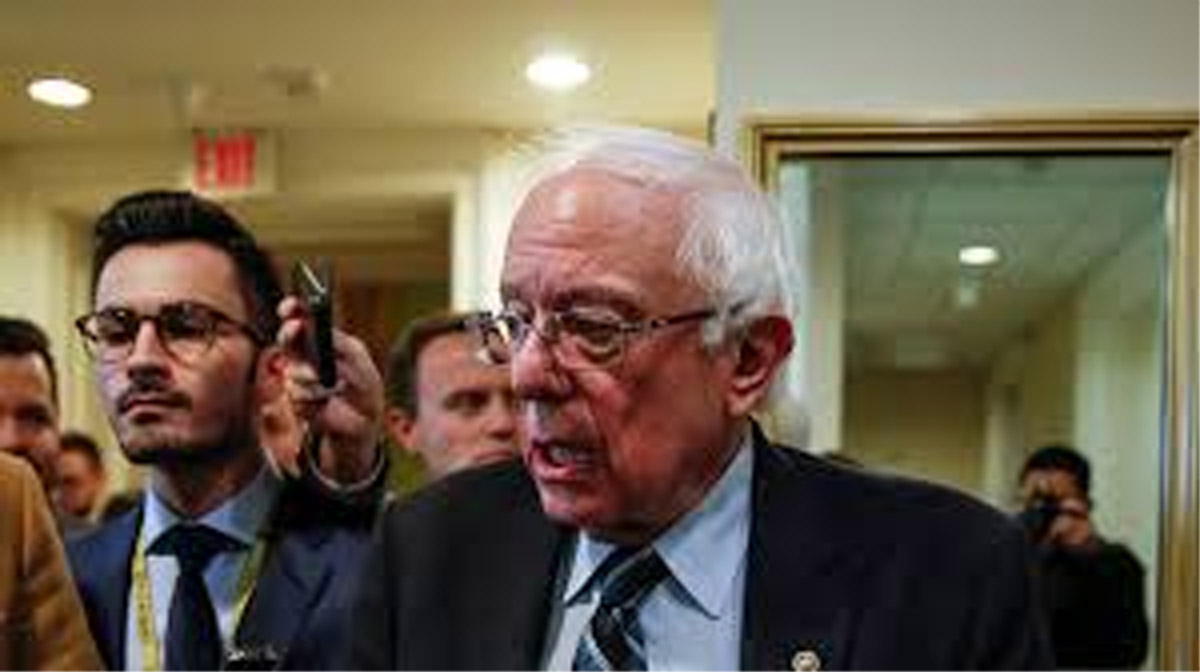ANKARA, Mar 14: Turkey’s stalling economy threatens to haunt President Recep Tayyip Erdogan’s ruling AKP in local elections this month as voters stung by living costs turn against a party that built its ballot box success on the country’s prosperity.
With inflation in double digits, the Turkish currency weaker and the economy in recession, analysts say Erdogan’s Justice and Development Party (AKP) faces a major challenge to convince voters to stick with them in the March 31 ballot.
After Erdogan came to power in 2003 as premier, he was credited with helping steer the country to an economic boom that followed the 2001 financial crisis and made Turkey the new darling of emerging market investors.
That outlook has changed: Turkish GDP per capita fell to USD 9,632 in 2018 from USD 10,597 in 2017 and the economy is now in recession — its first since 2009.
“The AKP is reaching the limits of its economic model. Living standards are not growing,” said Berk Esen, assistant professor of international relations at Ankara’s Bilkent University.
Middle-class voters who once benefitted during AKP rule “could turn” against the party by not turning out to vote as recession hits consumers’ wallets, Esen said.
With the polls showing the economy is Turkish voters’ number one concern, Erdogan has sought to curb inflation, even pushing local authorities to set up stands selling vegetables at below market prices.
Erdogan has repeatedly lambasted opposition claims people lining up at the stalls were in “poverty queues”, insisting they were “queues of wealth” and the AKP was key to economic success.
“We will not allow any accidents to happen on March 31 on the path to ensure stability continues, and the economy strengthens,” Erdogan told supporters last month.
But opposition Republican People’s Party (CHP) deputy chairman Seyit Torun said it was “beyond any doubt” economic issues would affect the vote.
“Right now we are seeing the economic problems deepening. We are feeling it to the hilt,” said Torun.
He said Erdogan was worried. “If (he) wasn’t scared, would a president, the leader of the Justice and Development Party, hold two rallies every day? “At the end of the day, these are just local elections,” Torun told AFP.
AKP officials insist voters would stay with the party because of the strong leadership and stability it has brought to Turkey during Erdogan’s time in power.
“If there are hardships in the economy then the right answer is the AKP,” deputy chairman Cevdet Yilmaz told foreign media in Istanbul last month, saying the effect of the economy on the election would be “marginal”.
But according to a CHP poll of 6,345 people in 29 provinces, around 60 per cent of voters worry about the collapse of the economy.
Inflation remains high despite falling in February below 20 percent for the first time since August 2018 at the height of a US-Turkey spat that battered the lira.
Still, analysts cautioned against assuming a weaker economy would translate into major AKP losses.
Emre Erdogan, a professor of political science at Istanbul Bilgi University and no relation to the president, said the AKP could lose some votes compared with last year’s election. But its alliance with the nationalist MHP party could offset those, and disgruntled AKP backers were unlikely to switch loyalties.
“Voters looking to punish them may not go to the opposition side for ideological reasons,” the professor said.
The AKP has also tried to compensate with a propaganda war against “external and internal enemies”, he said. (AGENCIES)
&&&


